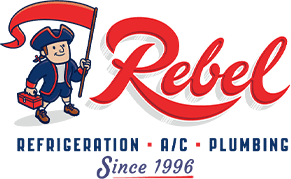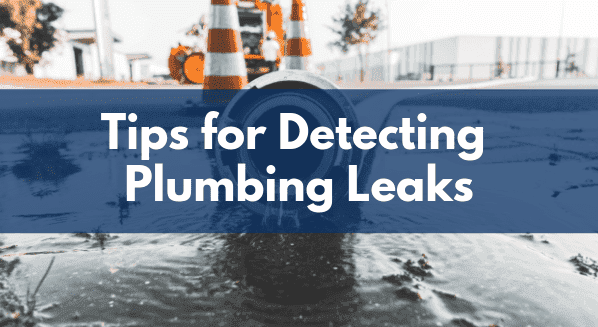
Plumbing leaks can lead to significant structural damage over time and soaring water bills. More often than not, detecting plumbing leaks in your home is hard to identify. To ensure plumbing leaks in your home don’t go by undetected, let us share the following pointers help you out:
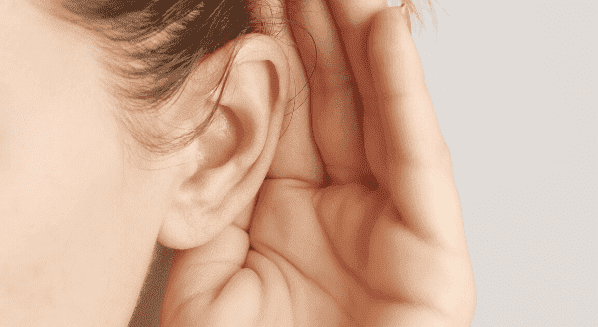
1) Let your ears point you in the right direction
This tip is a pretty obvious one, but it’s a simple trick that works nonetheless. Keenly listen around the house for any continuous dripping sounds, especially around the kitchen and bathroom, which are the most problematic areas when it comes to plumbing leaks. Take some time every day to search around the house room by room after switching off the TV and all other noisy appliances that might cushion any echoes. Preferably, check for leaks least at least twice a day. Some plumbing issues are however inaudible, and so the absence of such sounds doesn’t necessarily mean you’re in the clear.
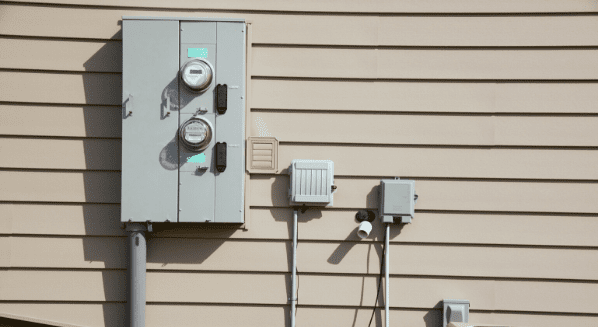
2) Turn to your water meter
Your water meter can also give you substantial insight into whether you have a leakage or not. It’s a tiny plastic box usually embedded along the ground of your backyard. Take note of the digits of the meter after turning off any appliances that use water and all water fixtures in and around your home. After about thirty minutes or so, check the meter for any changes and if the pointer or numbers are still running, you have a leaky problem on your hands.
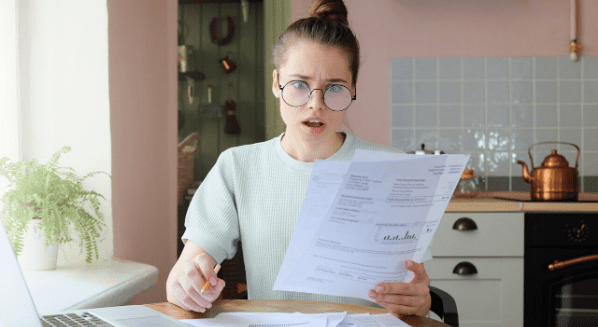
3) Compare utility bills
Utility bills can also pinpoint any discrepancies that might be indicative of an underlying problem. Pull out your water bills for the last three or four months, and find a pattern of usage to compare with the previous month’s costs. If there is an unexplainable peak in your typical expenditure, it might be time to call a plumber.
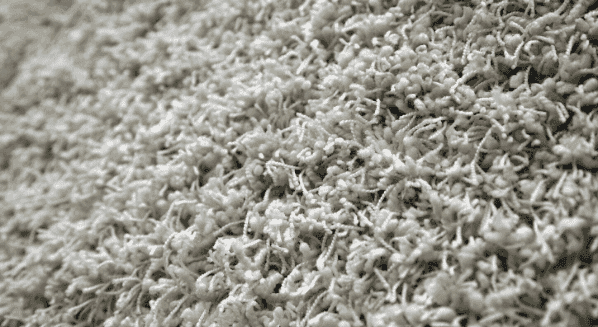
4) Watch out for warped wood floors or damp carpet
Sometimes the problem can be with the underground piping and to rule that out, check the flooring not only in your house but also the concrete in your yard. Look out for wrapped wood panel floors, or dark spots in your carpeting which point to dampness and possibly water leakage.

5) Take note of funky or musty smells
Water leaks in hidden areas favor the growth of mildew and mold. Most of the time, they remain out of eye view, although they are identifiable by a characteristic funky or musty odor. Regions behind drywalls are most susceptible to this, as are the underbellies of carpets.
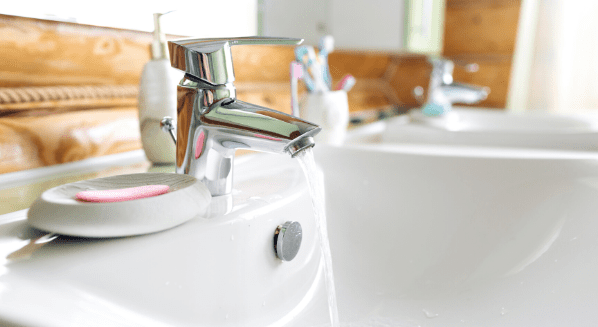
6) Less water pressure could be a tell-tale
How is the water pressure around the house? If your taps have suddenly become less powerful, a leaky pipe might be the cause of your problems. Before coming to such a conclusion though, disconnect all water-based appliances to get an accurate picture of the situation.
With so much ground to cover when it comes to detecting plumbing leaks, your best bet at a quick and long term solution lies in getting professional help. It’s not advisable to go at it alone as you might inadvertently turn a molehill into a mountain, so be sure to seek an expert’s assistanceat Rebel Refrigeration beyond doing anything more than detection. Contact us at (702) 766-9436 or email us to schedule an appointment today!
